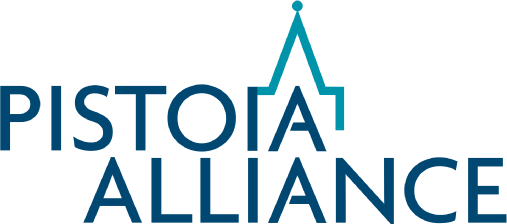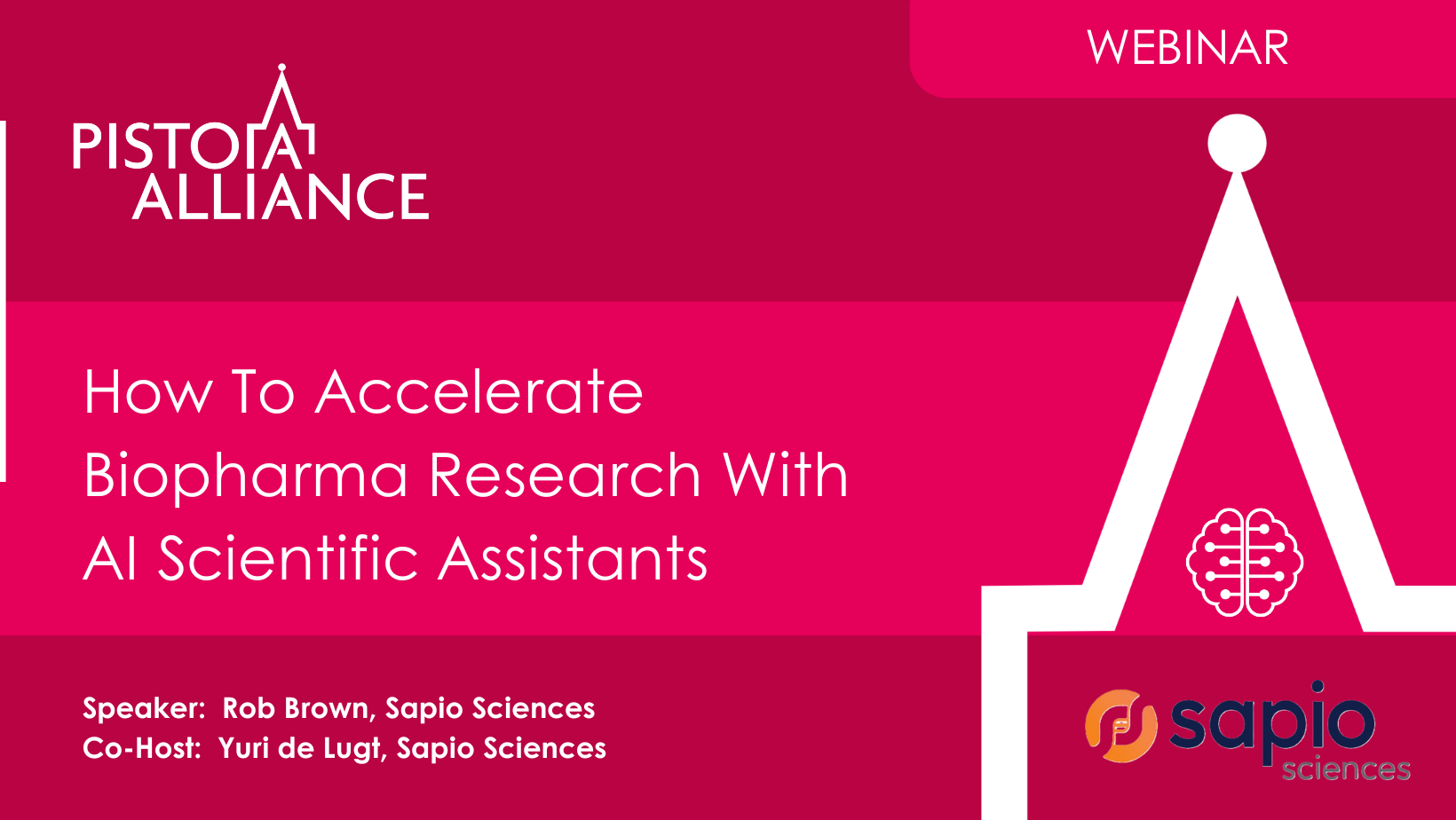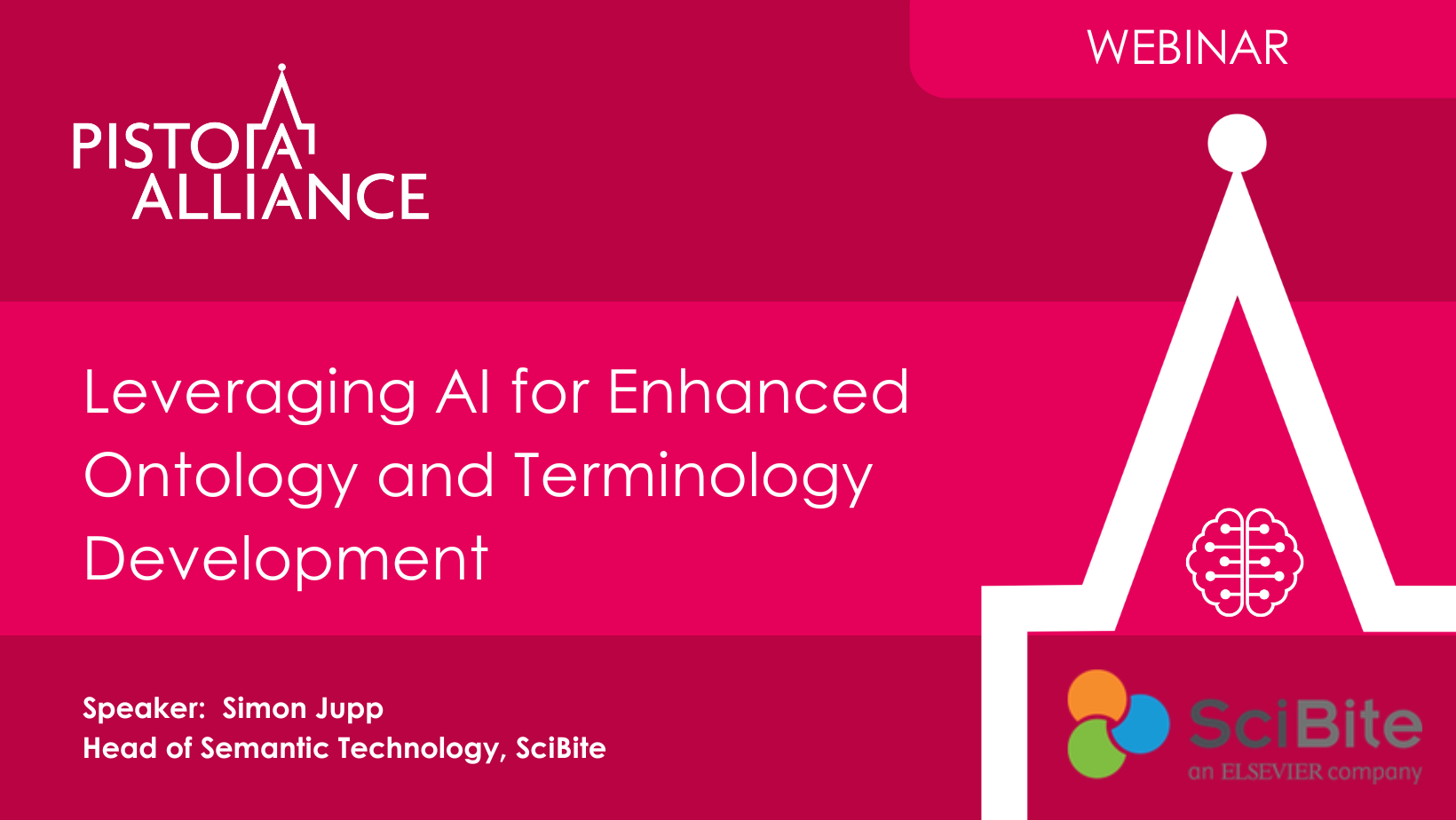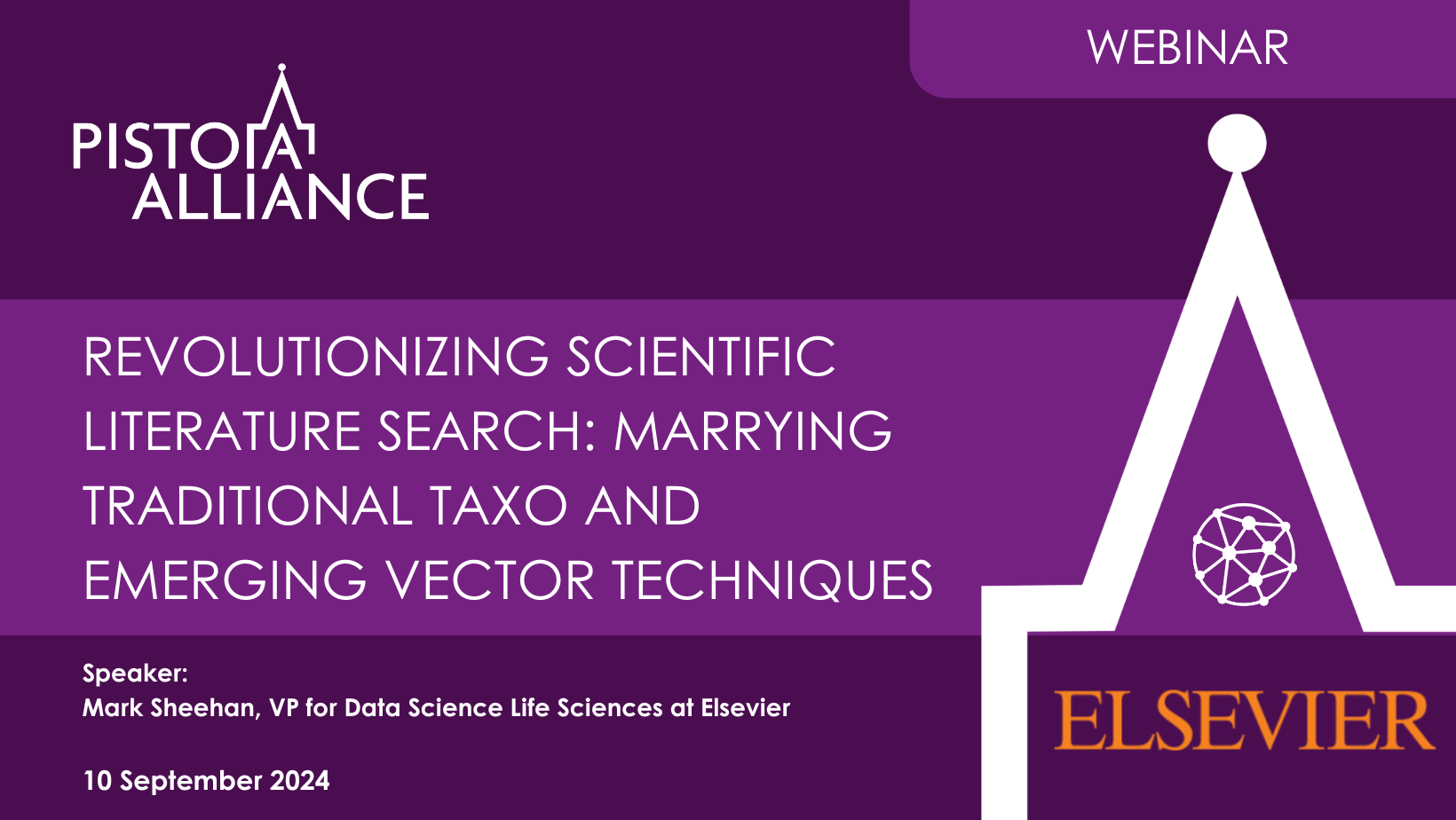AI tools for supporting scientific research have come a long way over the past couple of years. From limited beginnings, they’re now able to play a key role in accelerating pharmaceutical research. But finding and using the right AI scientific assistant is still a minefield. In this webinar, Rob Brown, Head of Scientific Office at Sapio Sciences, looks at the advancements in AI scientific assistants and agentic AI, how these tools can be integrated into the research process, and what Sapio’s own AI scientific assistant, ELaiN, is capable of.
Resource Tag: Harnessing AI To Expedite R&D
AI-Ready Data and Why FAIR Data Matters in Life Science Companies
As life-science organizations race to adopt (generative) AI, one point begins to stand out: your AI is only as good as your data. While large language models (LLMs) offer powerful capabilities, they’re not tailored to specialized scientific data—and do need a solid data foundation. Making data Findable, Accessible, Interoperable, and Reusable (FAIR) enables AI systems to deliver more accurate, reliable, and cost-effective outcomes.
Key points include:
- Why many AI projects are still fundamentally reliant on robust data management
- How FAIR Data complements LLMs through explicit semantics and structure
- The critical role of data quality and governance in AI success
Whether you’re a data steward, scientist, or innovation leader, this session will help you get more perspective aligning your data and AI strategies for maximum impact. Join us on May 21 to explore why durable AI strategy needs a robust data strategy including FAIR Principles. Don’t let unstructured data hold your AI back—make it FAIR.
Speakers
- Angelika Fuchs, Roche, Chapter Lead, Data Products & Platforms
- Martin Robbins, Ontoforce, Product Manager
- Tom Plasterer, XponentL Data, Managing Director, Knowledge Graph & FAIR Data Capability
- Ted Slater, EPAM, Managing Principal, Scientific Informatics Consulting
Hosted by Giovanni Nisato, Project Manager, Pistoia Alliance
Unlocking Value in Pharma with Knowledge Graphs and the Semantic Layer
Pharma organizations are swimming in data—but turning that data into actionable insight remains a challenge. This webinar explores how knowledge graphs (KGs), ontologies, and semantic enrichment create a semantic layer that connects and contextualizes pharma data to drive better decisions and more effective innovation. He will speak to the value knowledge graphs for boosting GenAI and share real-world examples.
Speaker
Thomas Woodcock, PhD., Technical Sales Manager, Scibite
AI-Powered Literature Reviews: Accelerating Insights for Drug Discovery
Pistoia Alliance 2025 London conference presentation by Mark Hahnel, VP Open Research, Digital Science
Next Gen Technology for Next Gen Trials
Pistoia Alliance 2025 London conference presentation by Dr. Karen Sayal, Senior Director in AI-driven Industrialised Clinical Translation, Recursion; Honorary NHS Consultant in Clinical Oncology
AI for Drug Discovery in 2025
A view from the industry-academia interface
Pistoia Alliance 2025 London conference presentation by Prof Conrad Bessant, Queen Mary University of London
Delivering on the Promise – AI Value at Scale
Pistoia Alliance 2025 London conference presentation by Brian Martin, Senior Research Fellow, Abbvie
AI is not just Artificial Intelligence
2025 Pistoia Alliance London conference presentation by Miles Davies, CEO, Amino Data
Leveraging AI for Enhanced Ontology and Terminology Development
In the rapidly evolving landscape of information science, the development and maintenance of ontologies and terminologies are critical for ensuring accurate data representation and interoperability across various domains.
This webinar aims to explore the transformative potential of artificial intelligence, specifically Large Language Models (LLMs), in streamlining and augmenting the creation of these essential knowledge structures. Attendees will gain insights into how AI can assist users in building comprehensive reference terminologies and ontologies more efficiently, thereby saving valuable time and resources. We will delve into early results from recent studies, demonstrating the practical applications and benefits of LLMs in this context.
Join us to discover innovative methodologies, share experiences, and discuss future directions for integrating AI into ontology and terminology development workflows.
This session is ideal for data scientists, knowledge engineers, domain experts, and anyone interested in the intersection of AI and knowledge management.
Speaker
Simon Jupp, Head of Semantic Technology, SciBite
Simon is the head of Semantic Technology at SciBite, where he leads the development of CENtree, an innovative Enterprise Ontology Management solution. Simon’s interests are focused on how semantic technologies can be utilised to address the complex challenges of large-scale data interoperability. He is an expert in developing and applying ontologies within the life sciences and is advancing these technologies at Elsevier.
Rapid Biomedical Insight Discovery with AI
Pharma R&D is increasingly costly and the industry is looking to AI for productivity and ROI improvements. A critical bottleneck in early stage R&D is insight discovery. Huge amounts of researcher time is spent interrogating the literature to find biological connections and uncover new insights, Elsevier has a history of deploying AI to transform these tasks. Guy and Ivana will take you through recent innovations in this space as well as some of the key lessons we have learned.
Digital Twins
Digital twins are increasingly being utilized across various industries (constructions, manufacturing, transportation, smart cities) and more recently in the healthcare sector by enabling more efficient, predictive, and data-driven decision-making.
The use of Digital twins in the pharma R&D sector leverages in silico models to expedite drug development and increase translational success for the benefit of the patient. Digital Twins can help to predict future behaviour’s and offer more precise and customized medicine specific to a patient, virtualize clinical trials to bring new medicines and vaccines to market faster.
Within this webinar we will explore how some Life Sciences companies are looking to use the digital twins to accelerate drug discovery and development in order to deliver safe products to patients.
Speakers
- Julia Schueler, Charles River Laboratories
- Damien Valour, Servier
- Bruce Church, Aitia
Revolutionizing Scientific Literature Search
Join Mark Sheehan, VP for Data Science Life Sciences at Elsevier, to explore the power of advanced search techniques in our webinar, “Revolutionizing Scientific Literature Search: Marrying Traditional Taxo and Emerging Vector Techniques”.
.In this webinar, Mark will review the world of scientific literature search, covering the full range of technologies from traditional taxo and keyword-based search methods vs the latest innovative vector and RAG-based approaches. Mark will also give an overview of Elsevier’s ongoing research into a dynamic hybrid search approach, which aims to seamlessly merge the strengths of traditional and vector searches.
Biography – Mark Sheehan
Mark Sheehan, a seasoned professional with over two decades of experience, serves as the Vice President of Data Science for Elsevier’s Life Sciences team. His extensive contributions have been instrumental in Elsevier’s digital evolution, transforming the company from a traditional publisher to a leader in information analytics and AI-driven research tools.
Mark’s current role is to leverage the latest data science and AI to support chemists and biologists in their daily research work. By attending this webinar, you will gain insights that can help you accelerate the development of new synthetic pathways and advance drug R&D. Mark’s belief in innovation as both a technological and a collaborative endeavour underscores the practical benefits of this webinar.




